Is it possible to have infinite growth in a finite planet? Is it possible to create global prosperity without economic growth? These are some of the questions we tried to answer in our 3rd webinar ‘From bigger towards better, how is a post-growth economy possible?’.
From a very early age, all we want in live is to grow. As a child, you want to be taller, stronger, and you look at adults as a desirable state that allows you to make decisions, eat whatever you want and drive a car. However, there is a point in life -you may have experienced it already- when that desire fades out. It does not vanish - at least, not at all levels and for everyone - but it sleeps somewhere where it does not constantly bother you. I am not sure whether that willingness to keep growing comes back later on, though my experience, and the time I have spent with my grandma, has showed me everything tends to become easier and we end up just accepting what we are and have achieved and enjoying it. I would not call it complacency, which sounds really pejorative; that’s just us getting older - and wiser.
I tell you this because sometimes I think that could, and even should, easily apply to how we think companies and economy itself, and the conversation we had last week during the webinar we run with the Post Growth Institute brought these ideas back to my mind. Why would an economy aim to grow forever in a finite planet? You will have to forgive me but I find it so contradictory and naive! Do we really need to grow? How and for how long?
This takes me to another point. Physically, as an adult, you can keep growing, but no matter how hard you try you will never be taller. So you can feed yourself as much as you want, 24/7, but you will only get fatter, obese, which will be neither healthy nor convenient. “Growth for the sake of growth is the ideology of the cancer cell”, said Edward Abbey, and he may be right.
Going back to economics, we need to understand what growth means and why it is still one of the main assumptions of our economic system. As Diego Isabel La Moneda, director of NESI, said during the webinar: “We have assumed we need to increase consumption so that we increase production and we create employment and, as a result, we generate welfare”. However, we can reduce consumption and still be happy, even happier than we were before. Believe me when I say some people have tried it and it works.
It is the time for us to start exploring new concepts, new narratives. Think of the word ‘enough’, for instance, as Donnie Maclurcan, co-founder of the Post Growth Institute, suggested: what does it mean to you?, and what it could mean if we applied it to our economies?
We need to look afresh at our economic system, but the good news is that we don’t have to do it on our own and from scratch. Fortunately, there are existing trends and experiences of ‘enough’ we can learn from and build on, from upcycling, community gardens and transition towns, to consumer co-operatives and purpose-driven businesses.
Premium Cola is a soft drink brand founded in Germany. It’s a local enterprise, owned by its employees, which operates following open source principles and has made the decision to (a) do not manufacture out of their ecological footprint, and (b) do not grow more than 3% a year because they don’t want to be debt and bank on. And yet they have been profitable for 15 years!
Meanwhile, in Barcelona (Spain), La Fageda produces dairy products operating in a co-operative logic. Its goal was to create jobs for people with learning disabilities and it has done it, so it has decided to stick to its medium size to avoid putting those jobs into risk.
These examples show us it all depends on the mission and the priorities we set for ourselves, because who said aiming for growth was the only key to business success? “If you put purpose ahead of profits, exciting avenues open up”, Donnie recalled. In fact, there is a trend in economic competitiveness that is leading to regenerative practices outperforming some of the bigger business. Being local, pursuing ethical and green outcomes and, above all, using a collaborative and open approach are having a multiplier effect.
Want more examples? Then you should watch, re-watch and share our full webinar below 🙂
Text written by Isabel Benítez
From bigger towards better, how is a post-growth economy possible? was organised by The Global Hub for the Common Good and the Post Growth Institute, with the priceless contribution of Donnie Maclurcan, co-founder of the Post Growth Institute, Diego Isabel La Moneda, director of NESI, and Cylvia Hayes, CEO at 3EStrategies.
The debate continues in Malaga, Spain, from 19th to 22nd April, 2017. Are you joining us?
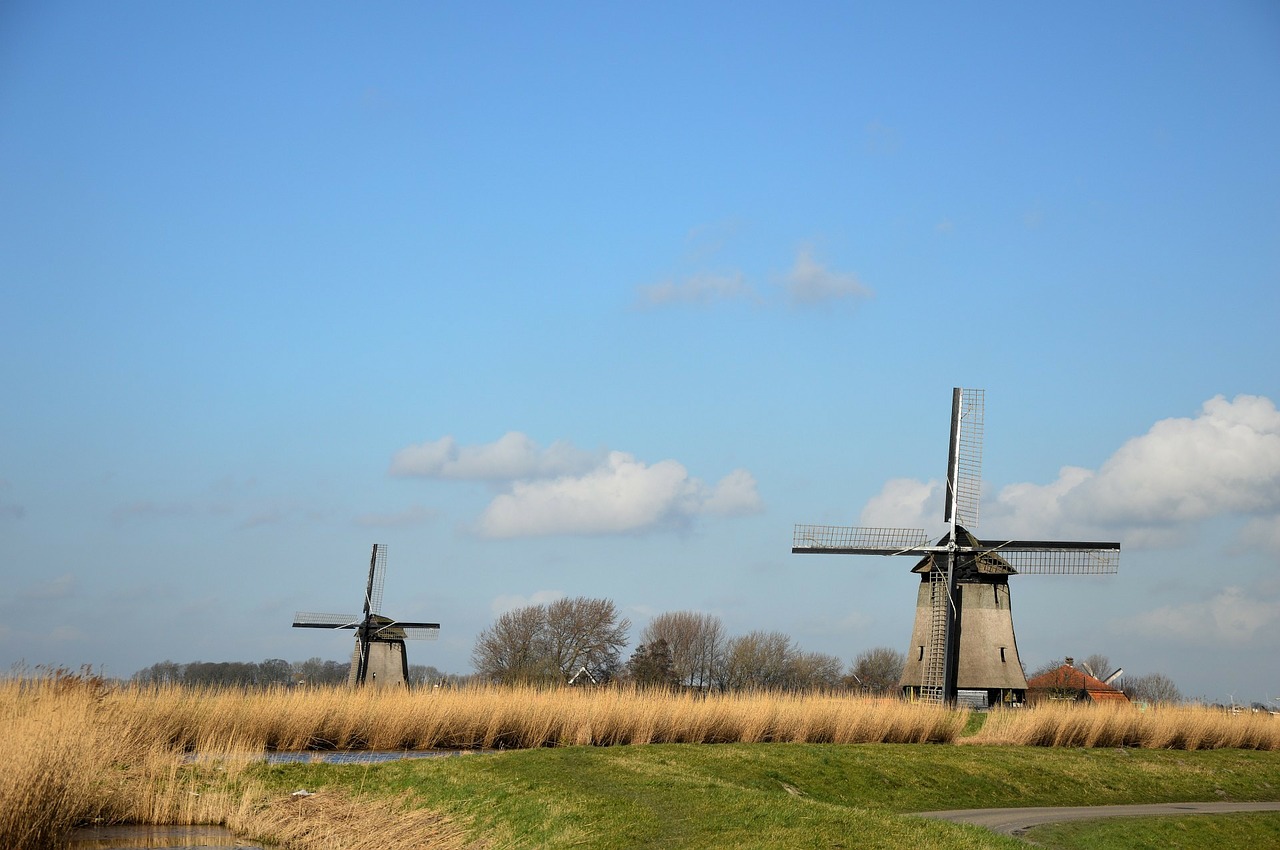
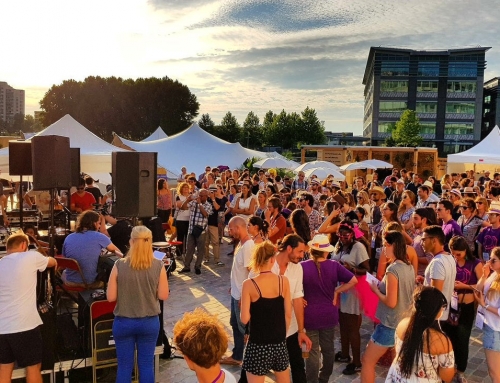
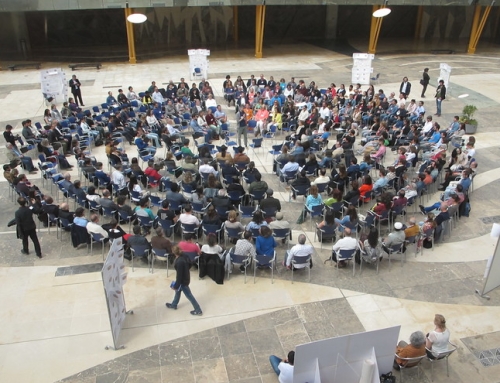
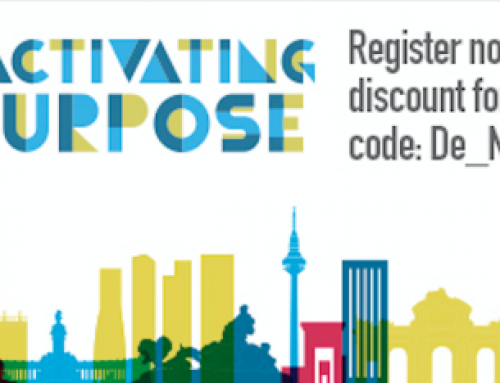
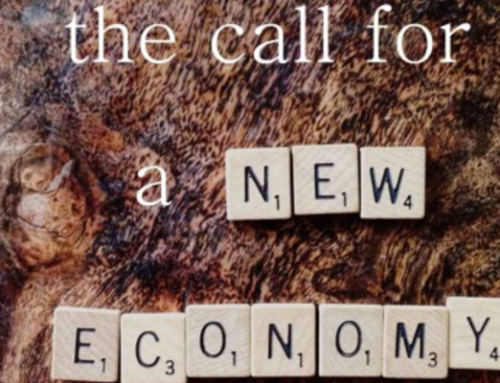

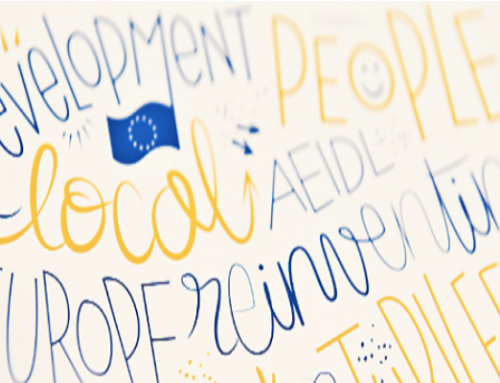
Leave A Comment